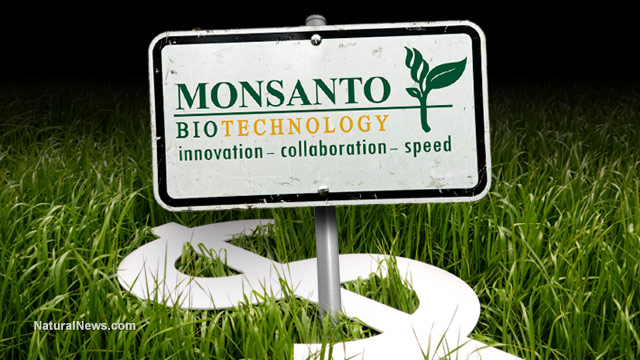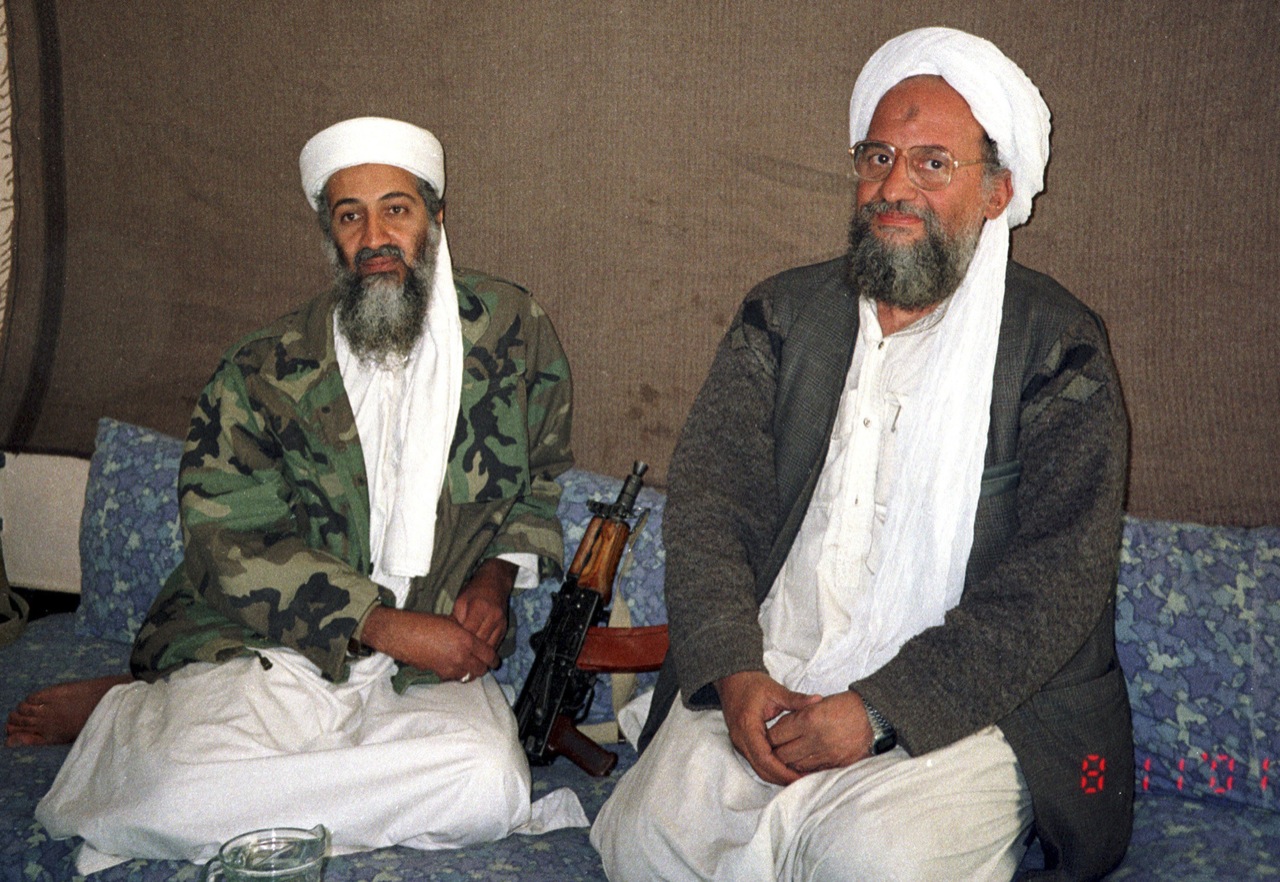
A few presses on the rewind button: Not so long ago, Monsanto was not always the bad guy. When they first released genetically-modified crops that could withstand their herbicide, RoundUp, without withering, our local farm industry rejoiced. A very rosy future was predicted, with projections of stronger, healthier yields that would not be vulnerable to pests or weeds. However, as more evidence was presented on the carcinogenic effect of their product, Monsanto took to more suspect behavior. Spokespeople from the company repeatedly denied claims that glyphosate induced cancer and -- here’s the ticket -- to prove that it was not all mouth-service, pointed to scores of independent, third-party reviews that concluded to no such effect. These studies were a rebuttal to a 2015 assessment by the International Agency for Research on Cancer (IARC) that suggested that glyphosate was a probable human carcinogen. This triggered a wave of lawsuits from individuals who claimed that theyy had contracted non-Hodgkin lymphoma from RoundUp exposure.
Of interest is Monsanto’s most recent review called “An Independent Review of the Carcinogenic Potential of Glyphosate.” Supposedly, Monsanto paid Intertek Group Plc to “supervise” the article. Lawyers from Monsanto, nevertheless, countered that the company’s involvement was limited to engaging the consultants of Intertek. Nothing more, nothing less.
To be fair, the leaked documents support this as well. Rather than blatantly lying, Monsanto executives attempted to play a linguistics game instead. For example, in a back-and-forth exchange between Monsanto’s executives and Intertek consultants, an appropriate leading sentence for the abstract was being determined. Monsanto executives were asked to choose between a safe, “expert panel review of the carcinogenic potential of the herbicide glyphosate” and the the more provocative, “an expert panel concludes there is no evidence that glyphosate is carcinogenic to humans.” Obviously, the Monsanto executives liked the second sentence better but decided against using it. In Monsanto executive Thomas Sorahan’s own words: “We can’t say ‘no evidence’ because that means there is not a single scrap of evidence, and I don’t see how we can go that far.”
Nevertheless, plaintiffs say that a complete read of the documents show a more sinister approach. Allegedly, Monsanto’s Chief of Regulatory Science, William Heydens was heavily involved in reviewing drafts submitted by outside experts. Anything that voiced a slightly different opinion from the company’s desired message was vetoed. Lawyers of the plaintiffs say that these reviews became a classic case of cherry-picking.
Monsanto defends itself by saying that they only performed “cosmetic editing” and did not substantially change anything. Scott Partridge, the company’s Vice President for Global Strategy has stated that while the “choice was words...was not ideal...it didn’t change the science.”
The Editor-in-Chief of the journal in which this review was published, Critical Reviews of Toxicology, has said that he is conducting an internal investigation on the matter.
The Monsanto documents were gathered as part of a pretrial discovery and posted online. Lawyers of the plaintiffs say that Monsanto missed the 30-day window in which they could object to the evidence’s release. Legal representatives of Monsanto fire back that they had been blindsided by these disclosures and has since asked U.S. District Judge Vince Chhabria in San Francisco to have these documents pulled from the web and to reprimand the lawyers for breaching confidentiality orders.
Sources include:
Please contact us for more information.




















